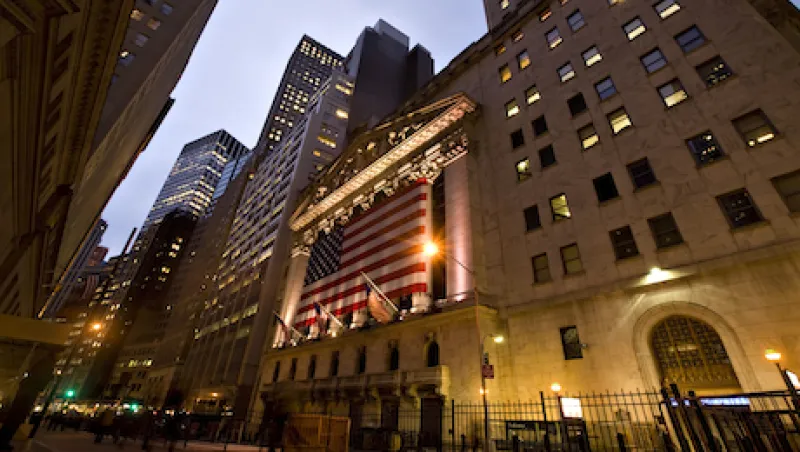Do what I say but not what I do. Is that the new motto of the New York Stock Exchange?
According to some market watchers, that’s the message the exchange is sending out as it gains approval for a new retail liquidity program that includes a dark pool or undisplayed trading component that some say represents practices the exchange has publicly stated it does not support. In an editorial that appeared in the Financial Times earlier this week, the NYSE chief executive officer Duncan Niederauer talked about the growth of dark pools or undisplayed trading venues that allow anonymous trading and the negative trends he believes they represent.
Entitled “It’s Time to Bring Dark Pools into the Daylight,” Niederauer’s essay says that:
- Institutional and retail investors need markets to be transparent;
- The evaporation of markets that clearly display prices and are transparent is unwelcome; Dark pool or undisplayed trading venues are on the rise with more than 50 percent of trades now occurring “in the dark;"
- In such venues, retail investors are put at a disadvantage as more information is outside the public view;
- The rise of this two-tier trading system has resulted in an erosion of faith in markets, with investors withdrawing billions from U.S. equity markets;
- The dark pool trend is undermining market confidence and hurting capital formation and job creation;
- And that policymakers should focus on the establishment of fairer and more transparent equity markets.
What’s going on? While dark-pool trading has grown, retail trading at the NYSE has decreased. In an effort to diversify, the NYSE asked the SEC for approval to launch a retail liquidity program that will allow them to offer better pricing on retail orders to help them to better compete with regulated market making firms such as Citadel, Goldman Sachs, Knight Capital and UBS and attract this sort of order flow. But to succeed, the NYSE’s new exchange needed to be able to offer subpenny price increments that under current regulations, cannot occur on a transparent exchange such as the NYSE, hence the need to offer the program in a dark-pool-type venue. Trades in this venue will not reveal size or price but will show stock symbols and whether or not the trade is a buy or sell. The program will launch on August 1.
Some market watchers are not impressed. A blog produced by Themis Trading, an institutional brokerage firm, has described the program as one that “will potentially harm the price discovery process even further.” They ask why the NYSE is doing a complete negation of their public statements on transparency and wonder if the NYSE wasn’t secretly hoping that the SEC would reject their call for a dark pool, as a way of highlighting the growing dark-pool problem.
A blog produced by Rhodri Preece of the CFA Institute points out that with the launch of the program, the “toxicity” of NYSE’s primary exchange will increase as the order flow routed to the exchange will increasingly consist of sophisticated, often high frequency order flow. In turn, institutional investors will increasingly seek out liquidity in dark pools to avoid the poor quality of executions offered on exchanges.
Sang Lee, managing partner at research firm Aite Group points out that as an exchange operator, the NYSE has seen their overall market share dwindle over the years, and they have had to increasingly compete with nondisplayed and dark pools. As the CEO of a lit exchange, it makes sense for Niederauer to come out to say that dark pools are not great for the marketplace. At the same time, Lee says, the NYSE is simply trying to figure out how to stay competitive. And for the record, this is not their first foray into dark pools. They’ve had a partnership with BIDS Trading — a dark-pool operator — for several years.
“I tend to think we live in a world of many contradictions anyway,” Lee says. “In a sense, everyone is simply trying to figure out how to stay competitive in the marketplace, and in time, this discussion will move from a focus on the contradiction to “what kind of impact will this bring to the overall market structure” and “will [traditional] exchanges be successful in recapturing retail flow?”






